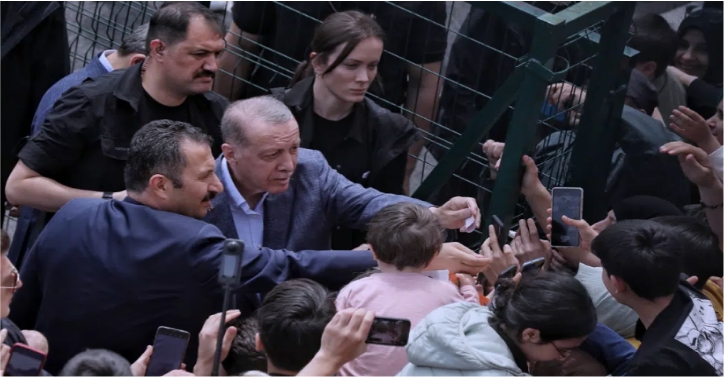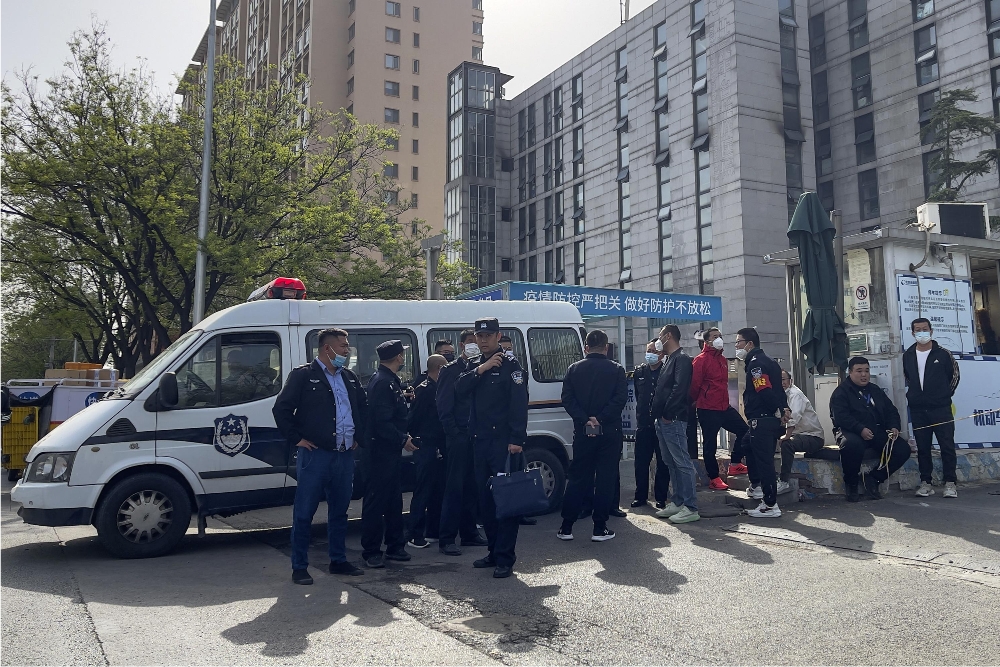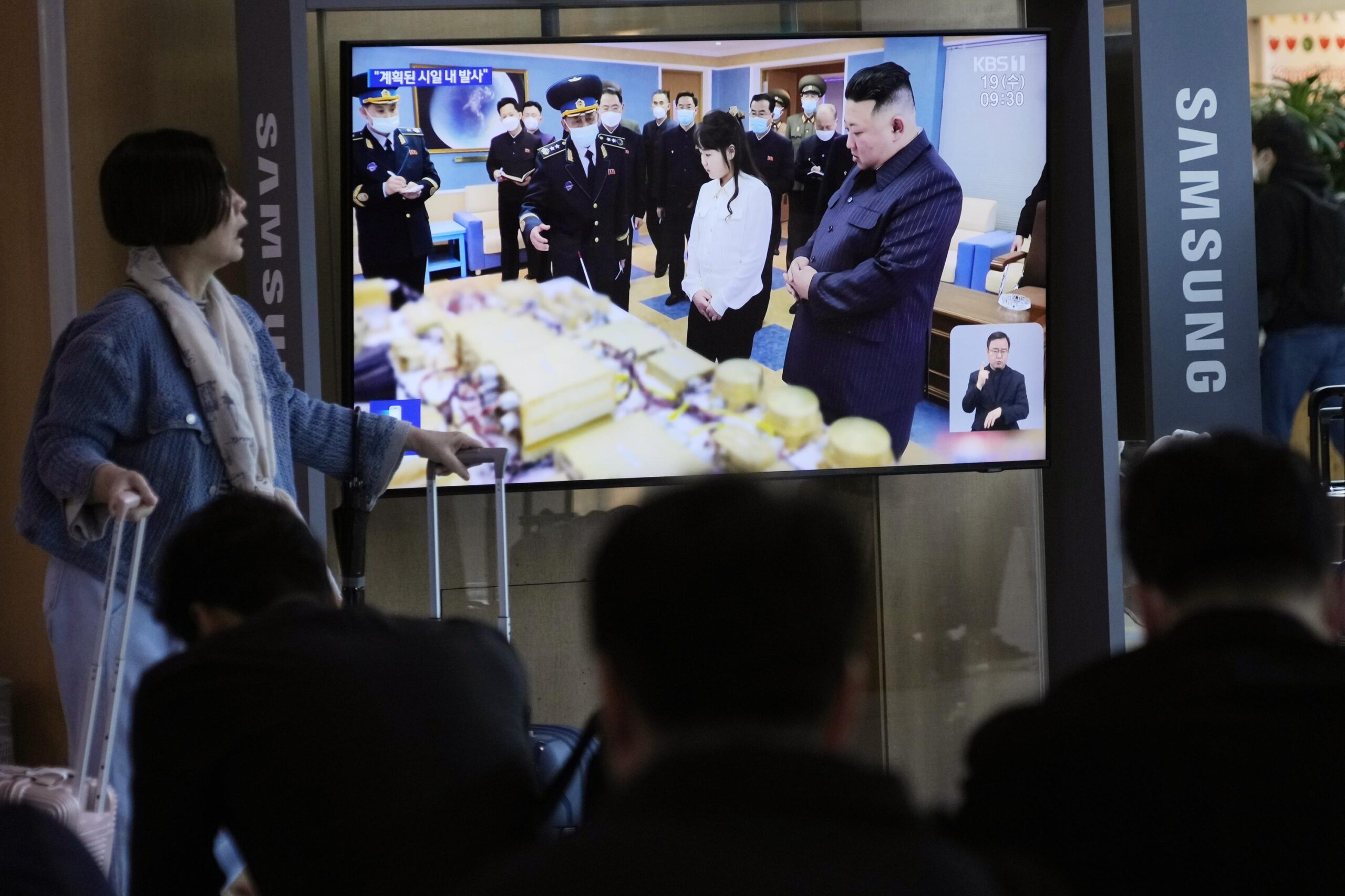Authorities have shut some government offices in Hong Kong’s financial district after the worst violence the city has seen in decades.
By Thursday morning the crowds had largely dispersed around government headquarters – where police and protesters had pitched battles on Wednesday.
The protesters are angry about plans to allow extradition to mainland China.
Despite the widespread opposition, the government has not backed down.
However, Hong Kong’s Legislative Council (LegCo) delayed a second reading of the controversial extradition bill and it is unclear when it will take place.
How did the violence unfold?
The second reading, or debate over the extradition bill was originally scheduled for Wednesday.
Later the tensions boiled over as protesters tried to storm key government buildings demanding the bill be scrapped.
Only a handful of protesters remained in the central business district in the city on Thursday morning, though some roads and a downtown shopping mall still remain closed, said local broadcaster RTHK.
Hong Kong’s train operator, the MTR, said that Admiralty station – the station at the heart of the protest zone – would remain closed today following a police request.
Why are people angry about it?
Hong Kong was a British colony from 1841 until sovereignty was returned to China in 1997.
Critics of the bill, including lawyers and rights groups, also say China’s justice system is marred by allegations of torture, forced confessions and arbitrary detentions.
But Ms Lam’s government says the amendments are required to plug loopholes in the law that effectively make Hong Kong a haven for those wanted on the mainland.
She has also said there will be legally binding human rights safeguards.

















